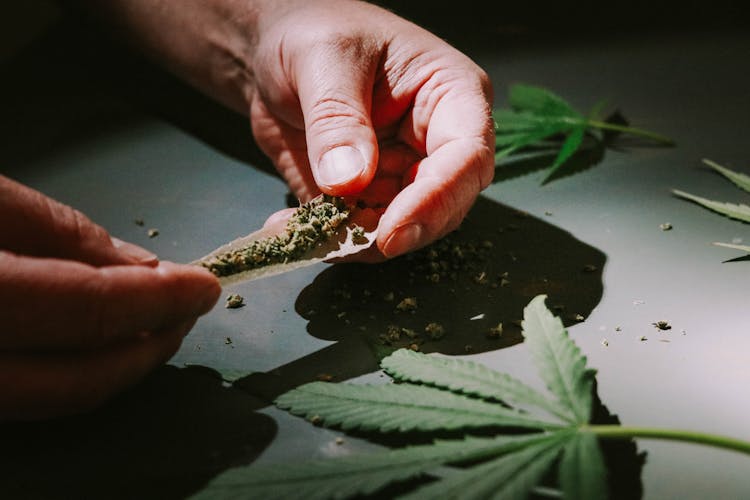Palm Coast Treatment Solutions specializes in treating individuals with Cannabis Addiction using THC. Although cannabis may seem harmless, cannabis use disorder can develop in those who use large amounts regularly. Recognizing the warning signs, health effects, and recovery options can make a lifelong difference.
What is THC Abuse?
Tetrahydrocannabinol (THC) is a psychoactive component of cannabis that causes a high. Abuse of THC happens when smoking weed becomes intense, compulsive, and starts complicating life, relationships, and psychological or body well-being. Cannabis is commonly thought to cause no harm but, in a chronic case, it can cause cannabis use disorder with its consequences both on the brain and body.
What are the Symptoms of THC Addiction?
Early detection of THC addiction can lead to better treatment effects.
Typical symptoms are:
- Addiction to cannabis
- Consumption above the intended dose of cannabis
- Fails in trying to quit or reduce smoking
- Using or seeking excessive time when accessing or using marijuana
- Neglect of work, college or social commitments
- Using regardless of physical or mental issues
When you interpret these signs of having an addiction to THC, you might require guidance from professionals to quit this vicious circle.
Signs of THC Addiction
Whereas symptoms characterize the subjective experience, signs of THC addiction are outward behaviors, which other people may notice:
- Red eyes and constant coughing
- Compromised attention or memory
- More tolerance (requires greater amounts of cannabis to produce effects)
- Reclusion in non-cannabis activities
- Irritability or mood swings are absent from marijuana
- Monetary or legal problems associated with cannabis use
These symptoms of THC addiction tend to build gradually, so it also matters that friends and family remain alert.
How Does THC Affect My Body?
The endocannabinoid system absorbs the THC elements in the brain and changes the mood, memory, perception, and coordination. What does THC do to my body?
Short-term effects: Euphoria, relaxation, alteration of sensory perception, dry mouth, increased appetite
Long-term consequences: Lack of motivation, diminished mental capabilities, respiratory difficulties (in the case of smoking), worries or depression
Brain effect: Damages short-term memory and judgment skills
Body impulse: has the capability of influencing the heart rate, lung health, and hormone regulation
With time, the brain reward pathways can be rewired due to heavy usage of cannabis and this is one of the sources of dependence.

Why Choose Palm Coast Treatment Solutions?
Individualized Treatment: Each patient has a different situation and we will tailor treatment specifically to this person.
Professional Clinicians: Our personnel is composed of licensed therapists, addiction specialists, and medical clinicians.
Holistic Healing: We deal with body, mind and lifestyle.
Aftercare Support: Post-Treatment care to help avoid relapse.

Your Recovery Starts Here
Do not hesitate, if you or a loved one is facing cannabis dependence. You need not lose hope; our experts at Palm Coast Treatment Solutions stand to offer you second chances at recovery.
Call us at (386)-284-4151 today to confidentially discuss your situation and begin recovery.
FAQs About THC Addiction Treatment
Q1: What is THC abuse?
THC abuse refers to the excessive and harmful use of cannabis, often leading to dependence and negative effects on health, relationships, and daily functioning.
Q2: What are the symptoms of THC addiction?
Common symptoms include cravings, using more cannabis than intended, neglecting responsibilities, and continuing use despite harm to health or relationships.
Q3: Signs of THC addiction?
Signs may include bloodshot eyes, memory issues, withdrawal from activities, mood changes, and tolerance to cannabis effects.
Q4: How does THC affect my body?
THC impacts brain function, mood, memory, and coordination, and can also affect heart rate, lung health, and hormone regulation.
Q5: How long does a THC withdrawal last?
Withdrawal usually lasts 1–2 weeks, with symptoms peaking in the first week and gradually subsiding afterward.
Q6: What does THC addiction treatment involve?
Treatment typically includes therapy, medical support, coping skills training, and relapse prevention strategies to promote long-term recovery.












